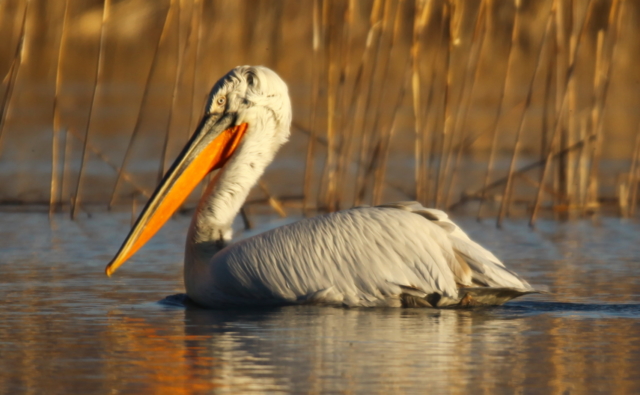Cet article a été récemment publié dans la revue Animal Conservation. Il examine les effets du réchauffement climatique sur les déplacements des espèces, en particulier chez les oiseaux aquatiques en Europe du Sud-Ouest, et explore comment les pratiques de gestion des habitats pour la chasse aux canards interagissent avec ces réponses.
Vous pouvez le retrouver sur le portail documentaire de la Tour du Valat.

Résumé:
Climate warming is driving species to shift their geographical distribution poleward to track suitable climatic conditions. Two strategies have been suggested to help species respond to climate warming: facilitating distribution change or improving persistence. We questioned whether habitat management in favour of duck hunting activities interacted with duck responses to climate warming. We studied non-breeding waterbird community changes (110 species) over 28 years at 851 sites in South-West Europe, where habitat management is a common practice to attract and hunt ducks. We hypothesized that duck species targeted by habitat management do not need to track temperature changes as much as non-hunted species, because of the availability of suitable habitats provided by hunting land managers. We used the community temperature index (CTI) to assess the temporal responses of communities and species to climate warming. We compared the effect of hunting status with other functional traits on species responses, controlling for phylogenetic relatedness. The CTI trend has increased over the study period, indicating a community adjustment to climate warming. However, hunted ducks contributed to almost 40% of the negative contributions to this community adjustment, suggesting that hunted ducks do not shift their distribution as much as the other waterbirds do. Winter fidelity associated with the provision of attractive feeding grounds might explain why ducks did not seem to shift their distribution in response to climate warming. This study suggests the broad impact of human activities on wildlife, including on large-scale distribution processes, and questions the long-term consequences on duck populations.
Référence bibliographique: Gaget, E., Galewski, T., Brommer, J.E., Le Viol, I., Jiguet, F., Baccetti, N., Langendoen, T., Molina, B., Moniz, F., Moussy, C., Zenatello, M. and Guillemain, M. (2024), Habitat management favouring hunted waterbird species prevents distribution changes in response to climate warming. Anim Conserv, 27: 5-16. https://doi.org/10.1111/acv.12872



